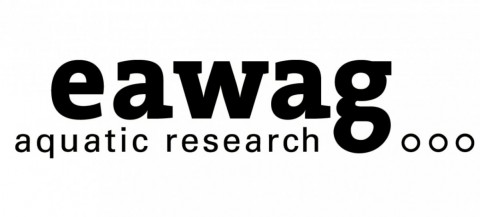WASH in the context of maternal health and menstrual hygiene
2014 - 2016 • Eawag (Swiss Federal Institute for Aquatic Science and Technology) / Sandec
Purpose
Finding out the specific needs of users, especially women, with regard to water, sanitation and hygiene service provisions in public health facilities in India and Uganda
Activities
Research Question:
What are the specific needs of users, especially women, with regard to water, sanitation and hygiene service provisions in public health facilities in India and Uganda?
Poor water, sanitation and hygiene service (WASH) provisions disproportionally affects women and girls due to biological and cultural factors. Inadequate, or poorly administered WASH services may increase women’s burden of work and lead to negative health impacts, such as maternal mortality rates and reproductive health. However, gender concerns are rarely addressed, as societal barriers often restrict women’s involvement in decisions regarding sanitation and hygiene-related projects. Whilst most work has focused on the household level, WASH services are especially important to consider at public health facilities (HFs).
This interdisciplinary research project combining social anthropology, development studies and gender studies with sanitary engineering aims to provide solid information about users’ needs (patients, staff, visitors) of different HFs, with regard to WASH infrastructure. The research will assess the current situation in selected HFs in India and Uganda. It aims to identify the range of deficiencies in both contexts. Furthermore, the results will illustrate the relationship between sanitation infrastructure and specific women’s health matters (e.g. reproductive health), and women’s requirements, (e.g. menstrual hygiene management) in the context of HFs. By investigating the particular needs of men and women, the project will be able to define needs-based, technically appropriate and socially accepted solutions that are gender sensitive in design and implementation for HFs sanitation services. The project will contribute to capacity building in the field of water, sanitation and hygiene among the different user groups.
Funding source: Swiss Network for International Studies (SNIS), Geneva
Countries of activity
Location of main activity
Filter tags
Behaviour change Community sanitation East Asia & Pacific Gender equality Global Health and hygiene Highlight on Gender Theme Page Menstrual Health and Hygiene (MHH) Other funding source or unspecified Practitioners Sub-Saharan Africa University, education or research institution
Links
Swiss Federal Institute for Aquatic Science and Technology
Duebendorf
Switzerland
Uploaded by:
Elisabeth von Muench (Elisabeth)















